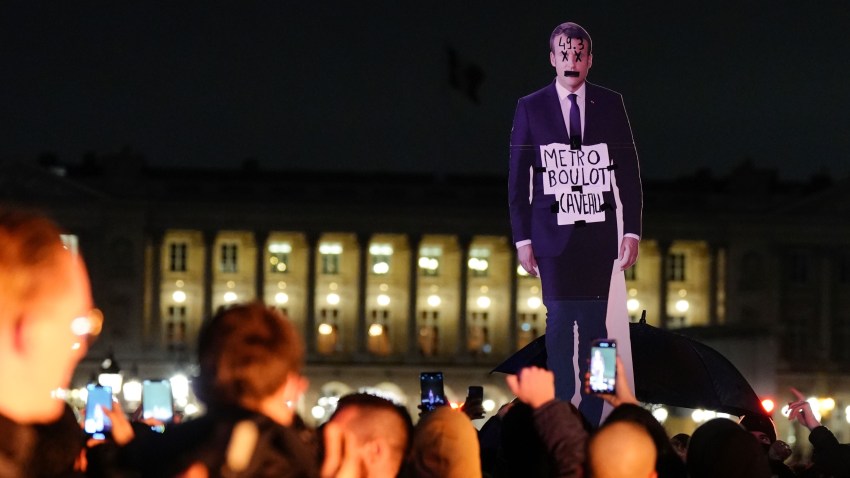In April 2022, French President Emmanuel Macron celebrated his reelection to a second term at an election-night rally in Paris’ Trocadero Square. But although Macron was victorious that night, he was far from triumphant. To the contrary, he gave every indication of being a chastened president, tacitly acknowledging what many observers—including among his own supporters—had come to see as an arrogant and uncompromising approach to governing in his first term.
Though Macron’s reelection had never been seriously in doubt, the campaign had brought to the surface a widespread antipathy toward him, both understandable due to his governing style, but also surprising for its virulence. Moreover, if Macron won the election with almost 60 percent of the vote, that was in large part because voters rejected his opponent, the far-right Marine Le Pen, not because they were endorsing Macron’s center-right program of structural reforms to France’s bloated social welfare system.
The public disaffection with Macron was further underscored two months later in parliamentary elections that left him without an absolute majority, a rarity in France’s mixed presidential-parliamentary system. That meant Macron would be forced to assemble ad hoc majorities on a case-by-case basis to pass legislation, yet another reason to believe he would pursue consensus through negotiation and compromise to advance his agenda.

